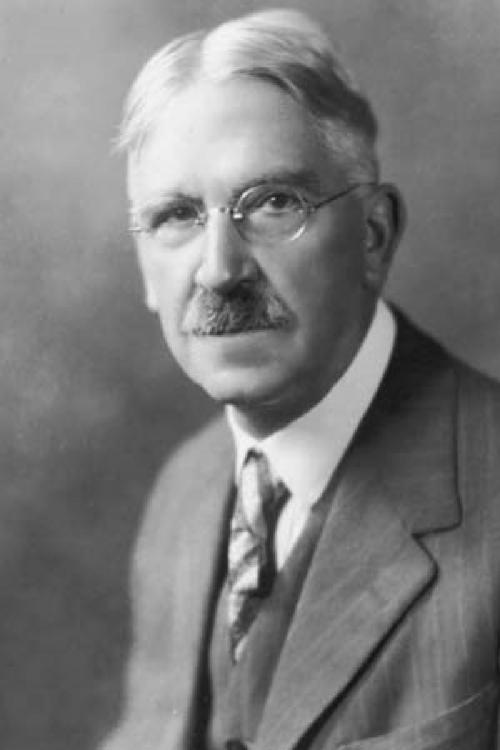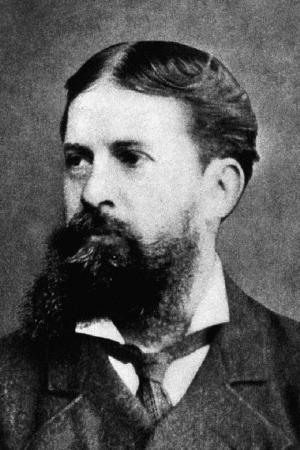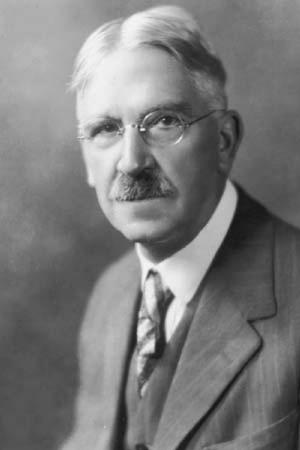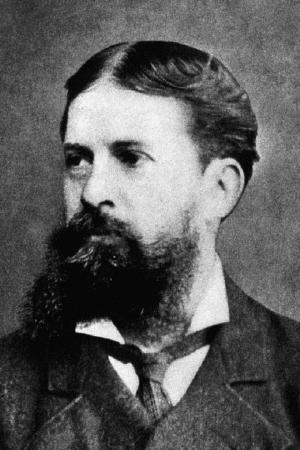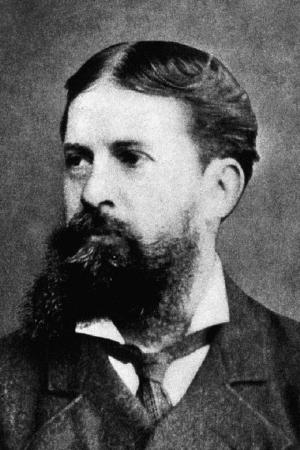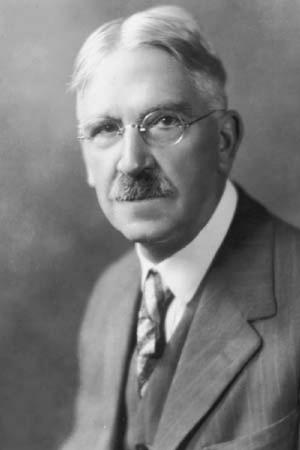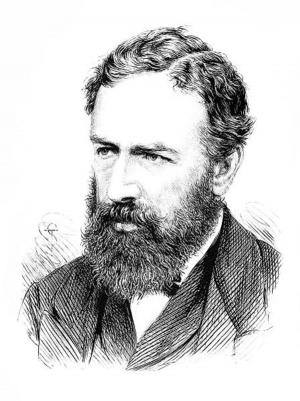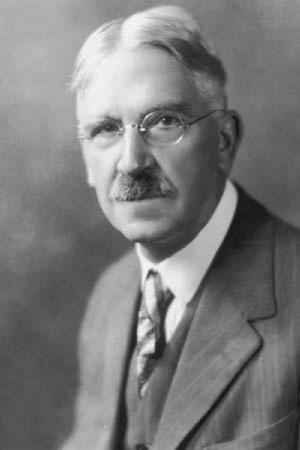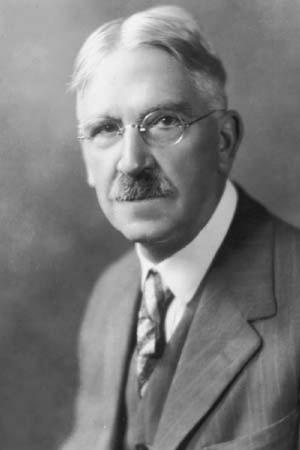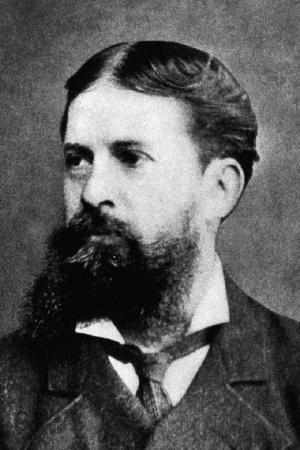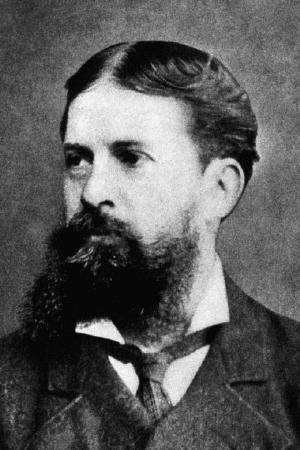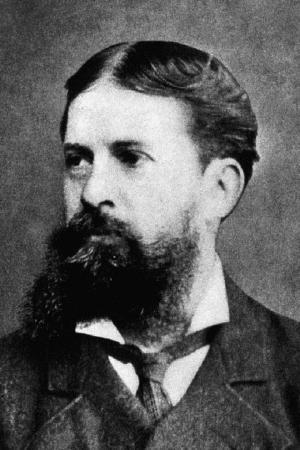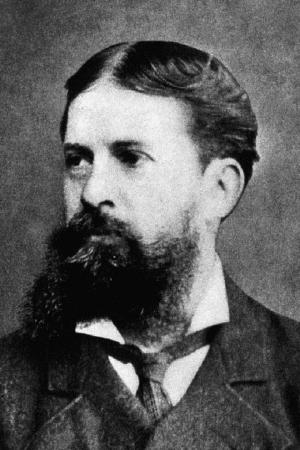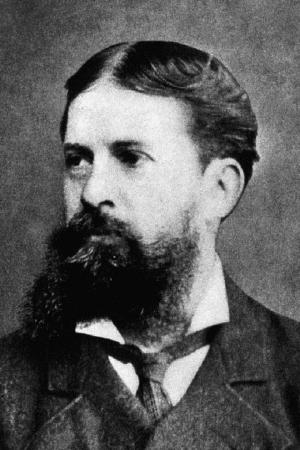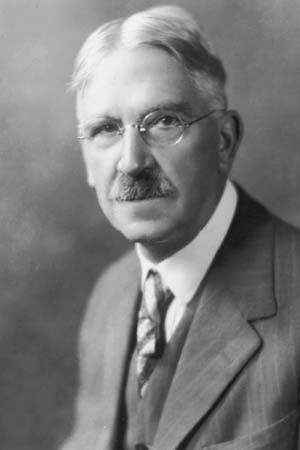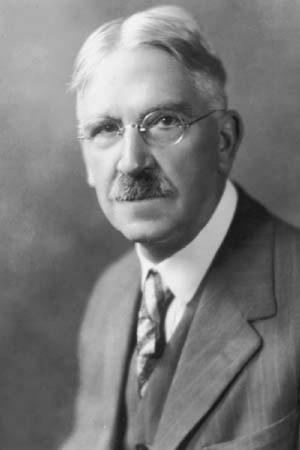| Author: | John Dewey, Henry George | ISBN: | 1230001439328 |
| Publisher: | Timeless Books | Publication: | November 22, 2016 |
| Imprint: | Language: | English |
| Author: | John Dewey, Henry George |
| ISBN: | 1230001439328 |
| Publisher: | Timeless Books |
| Publication: | November 22, 2016 |
| Imprint: | |
| Language: | English |
The book has an active table of contents for readers to easy access of each chapter of the following titles:
1. CHINA, JAPAN AND THE U. S. A. – JOHN DEWEY
2. CHINESE IMMIGRATION - HENRY GEORGE
John Dewey was one of the most influential American philosophers, psychologists, and educators whose ideas have impacted education and social reform around the world. He is one of the founders with the philosophy of pragmatism and of functional psychology. He is in the row with the greatest thinkers including Bertrand Russell, Ludwig Wittgenstein, Karl Popper, Charles Peirce, John Mill, and William James.
Dewey considered schools and civil society as the two fundamental elements that had to be constructively evolved by encouraging experimental intelligence and plurality. Dewey’s belief is that complete democracy is to be sustainable not just by giving and extending voting rights but also by ensuring that a fully formed public opinion is accomplished by communication among citizens, experts, and politicians with the full accountability and responsibility for the policies they adopt.
CHINA, JAPAN AND THE U. S. A. is the important book by John Dewey about China. From 1919 to 1921, Dewey gave nearly 200 lectures in China to Chinese audiences and he advocated that Americans supported China's transformation in education and social reforms, not revolution. Dewey also advocated "Mr. Democracy" and "Mr. Science" of representing modern values in China. Dewey's biggest impact on China was on the forces for progressive education in China including Hu Shi, Chiang Monlin, and Tao Xingzhi who had studied with him at Columbia School of Education. Hua Shi, Chiang Monlin, and Tao Xingzhi were the pioneers of laying out the foundation of modern educational systems in China.
Henry George is best known for his Progress and Poverty that Albert Einstein designated George a "beautiful combination of intellectual keenness, artistic forum, and fervent love of justice". However, Protection or Free Trade by Henry George is a more significant work on the nature of free trade.
Henry George’s Chinese Immigration won the praise in California and launched his career as reformer and railroad critic.
Although Henry George admitted his first analysis of the issue of Chinese immigration was “crude”, he defended many of these statements for the rest of his life. In particular he argued that immigrants accepting lower wages had the undesirable effect of forcing down wages generally. Is this familiar argument today? Therefore, Henry Gorge was talking a general immigration issue under the name of Chinese Immigration that Chinese immigration was the scapegoat of the tough competition.
On the other hand, this book is a good mirror for Chinese Government to have a second thought on the critics from Henry George about the physical and moral bottom line of cost cutting by a regional economic system on a global economic platform.
Re-visiting Henry George’s view of Chinese Immigrating can be a mirror for policy makers across countries to avoid blind points of globalization. The bottom line of immigration trend is driven by economic profits. It is an effective and efficient way to allocate global resources. Therefore, the global leaders across the countries need to take the responsibilities of setting up a new global framework of moving forward the global immigration policies to better serve globalize workforces with different skill sets on a fair economic landscape.
The influence by John Dewey and Henry George has been felt in nearly every field of the humanities, sciences, and American corporate culture such learning by doing and property tax. The reasoning by John Dewey and Henry George still remains as relevant today as it was then. This book is one of the most important ones about the deepest thoughts of China, Science, and Democracy by John Dewey and Henry George, two of the greatest thinkers of philosophy, economics, science, and logic on the planet.
The book has an active table of contents for readers to easy access of each chapter of the following titles:
1. CHINA, JAPAN AND THE U. S. A. – JOHN DEWEY
2. CHINESE IMMIGRATION - HENRY GEORGE
John Dewey was one of the most influential American philosophers, psychologists, and educators whose ideas have impacted education and social reform around the world. He is one of the founders with the philosophy of pragmatism and of functional psychology. He is in the row with the greatest thinkers including Bertrand Russell, Ludwig Wittgenstein, Karl Popper, Charles Peirce, John Mill, and William James.
Dewey considered schools and civil society as the two fundamental elements that had to be constructively evolved by encouraging experimental intelligence and plurality. Dewey’s belief is that complete democracy is to be sustainable not just by giving and extending voting rights but also by ensuring that a fully formed public opinion is accomplished by communication among citizens, experts, and politicians with the full accountability and responsibility for the policies they adopt.
CHINA, JAPAN AND THE U. S. A. is the important book by John Dewey about China. From 1919 to 1921, Dewey gave nearly 200 lectures in China to Chinese audiences and he advocated that Americans supported China's transformation in education and social reforms, not revolution. Dewey also advocated "Mr. Democracy" and "Mr. Science" of representing modern values in China. Dewey's biggest impact on China was on the forces for progressive education in China including Hu Shi, Chiang Monlin, and Tao Xingzhi who had studied with him at Columbia School of Education. Hua Shi, Chiang Monlin, and Tao Xingzhi were the pioneers of laying out the foundation of modern educational systems in China.
Henry George is best known for his Progress and Poverty that Albert Einstein designated George a "beautiful combination of intellectual keenness, artistic forum, and fervent love of justice". However, Protection or Free Trade by Henry George is a more significant work on the nature of free trade.
Henry George’s Chinese Immigration won the praise in California and launched his career as reformer and railroad critic.
Although Henry George admitted his first analysis of the issue of Chinese immigration was “crude”, he defended many of these statements for the rest of his life. In particular he argued that immigrants accepting lower wages had the undesirable effect of forcing down wages generally. Is this familiar argument today? Therefore, Henry Gorge was talking a general immigration issue under the name of Chinese Immigration that Chinese immigration was the scapegoat of the tough competition.
On the other hand, this book is a good mirror for Chinese Government to have a second thought on the critics from Henry George about the physical and moral bottom line of cost cutting by a regional economic system on a global economic platform.
Re-visiting Henry George’s view of Chinese Immigrating can be a mirror for policy makers across countries to avoid blind points of globalization. The bottom line of immigration trend is driven by economic profits. It is an effective and efficient way to allocate global resources. Therefore, the global leaders across the countries need to take the responsibilities of setting up a new global framework of moving forward the global immigration policies to better serve globalize workforces with different skill sets on a fair economic landscape.
The influence by John Dewey and Henry George has been felt in nearly every field of the humanities, sciences, and American corporate culture such learning by doing and property tax. The reasoning by John Dewey and Henry George still remains as relevant today as it was then. This book is one of the most important ones about the deepest thoughts of China, Science, and Democracy by John Dewey and Henry George, two of the greatest thinkers of philosophy, economics, science, and logic on the planet.
